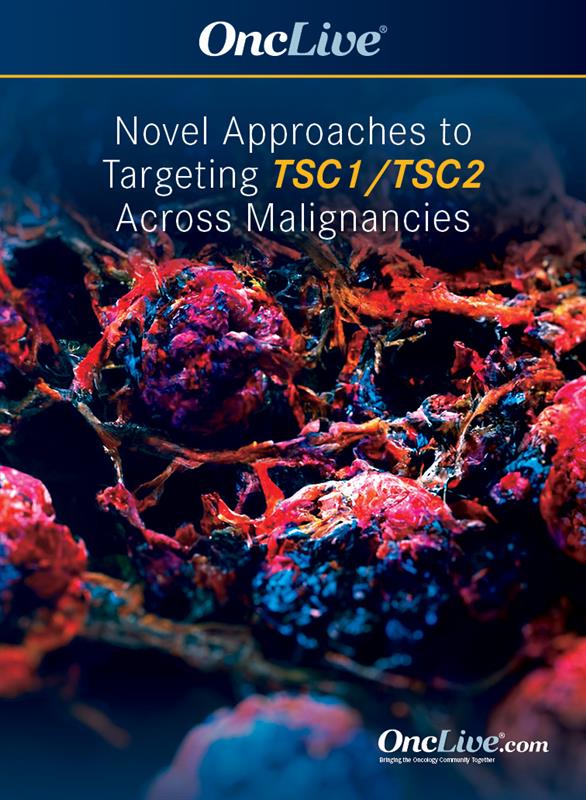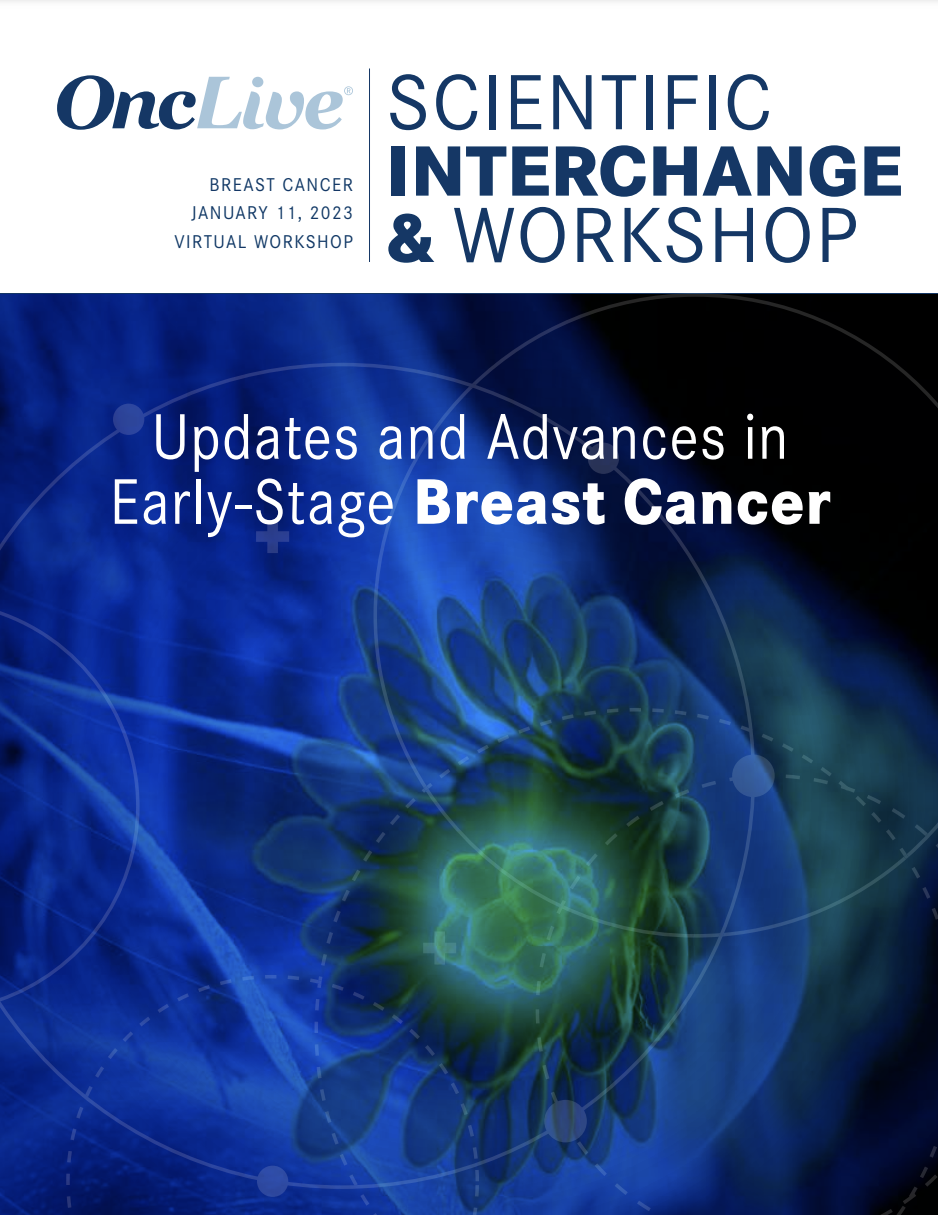Publication
Video
Supplements and Featured Publications
Dr. Moore on the Investigation of Nab-sirolimus in TSC1/2-Mutated Gynecologic Cancers and Other Solid Tumors
Author(s):
Kathleen N. Moore, MD, MS, discusses the investigation of nab-sirolimus in TSC1/2-mutated gynecologic cancers.
Kathleen N. Moore, MD, MS, associate director of Clinical Research, the Stephenson Cancer Center, director of the Oklahoma TSET Phase I Program, professor, the Section of Gynecologic Oncology, The University of Oklahoma College of Medicine, discusses the investigation of nab-sirolimus (ABI-009) in TSC1/2-mutated gynecologic cancers.
The phase 2 PRECISION 1 basket trial (NCT05103358) will evaluate nab-sirolimus in patients with solid tumors harboring pathogenic alterations in the TSC1 or TSC2 genes.
Limited data are available on the use of nab-sirolimus in gynecologic cancers, although 8 patients with ovarian cancer, endometrial cancer, or sarcoma received treatment through an expanded access program prior to the trial, according to Moore. Notably, of 7 patients evaluable for response, 5 patients achieved a partial response with nab-sirolimus, Moore says. In this small population, the limited data suggested that the presence of TSC1/2 mutations may serve as a predictor of response to nab-sirolimus, Moore adds.
Past studies have shown that nab-sirolimus is well tolerated, with mostly low-grade toxicities, Moore says. Treatment-emergent adverse effects reported with the agent have been shown to be similar to those observed with other mTOR inhibitors and can include edema, mucositis, gastrointestinal toxicity, and hypertension.
Although TSC1/2 mutations are relatively rare in gynecologic malignancies and other solid tumors, trials such as PRECISION 1 are furthering the effort to create individualized cancer care, Moore adds. Identifying driver mutations and utilizing an effective agent can elicit promising responses, according to Moore. If nab-sirolimus is proven to be highly active and durable in TSC1/2-mutated gynecologic cancers, it could be further explored in earlier lines of therapy, Moore concludes.










